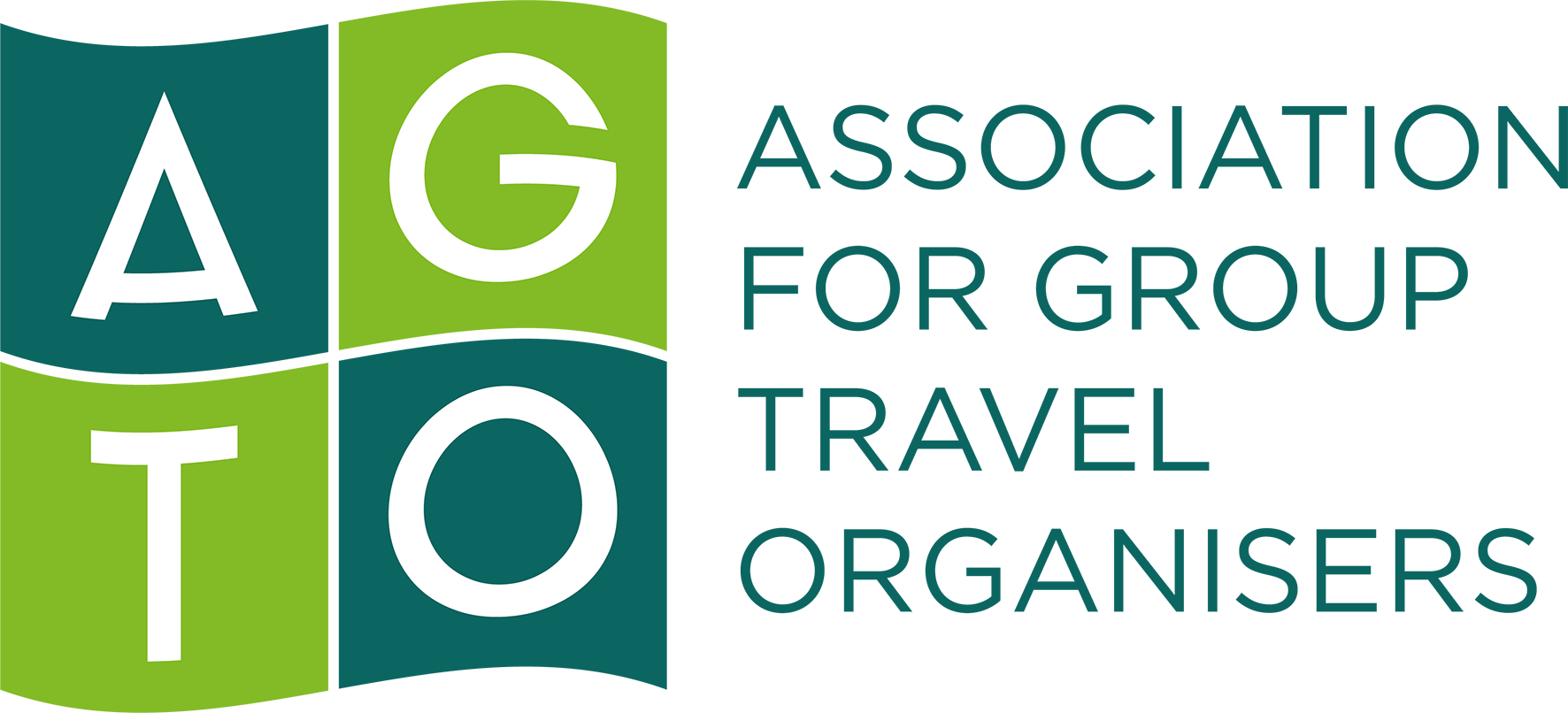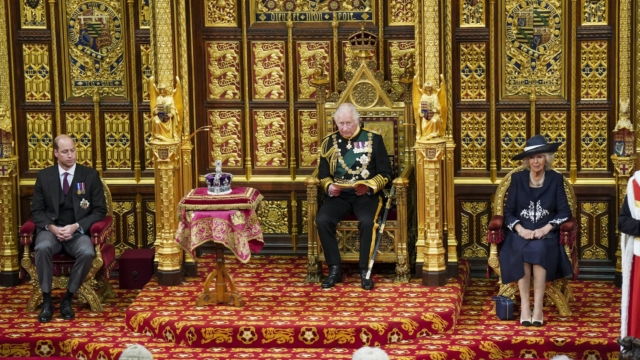Attached a copy of the lobby pack that supports the Queen’s speech. Here are some…

COVID-19 Update 17th May 2021
Revised Guidance for Lounges
DCMS has received Cabinet Office approval to change the guidance for lounge areas in accommodation properties. The guidance now reads:
If you wish to provide food and drink to customers in a lounge – for example, if a hotel lounge is used to serve pre-dinner drinks as part of a meal – the lounge must be operated as a hospitality area and follow the requirements for hospitality venues. This includes ensuring that customers are seated while eating and drinking, and providing table service if your venue serves alcohol.
Covid Travel Charter
To coincide with the easing of international travel restrictions, DfT have launched a Covid Travel Charter to inform the public of their rights, responsibilities and reasonable expectations regarding international travel whilst COVID-19 measures remain in place. The key components of the Charter are:
-
- When making a booking check the terms and conditions to understand the impact if your plans change, such as in response to changes in restrictions or travel guidance.
- Make sure you have travel insurance at the time of booking, that is suitable for your needs and travel plans, for both international and domestic travel. Please make sure you read and understand the terms and conditions of any travel insurance and check with the provider if you have any questions or concerns.
- If your plans or circumstances change, in the first instance you should discuss any concerns with your travel provider (the organisation you booked with, for example if you booked a package holiday, you should speak to the company you booked it through) as soon as possible, to consider available options.
- Additional checks are to be expected when travelling and you should allow for extra time during your journey for these.
- You are responsible for making sure you have all the correct documentation ready for your journey. Guidance, advice and information about travelling, including entry requirements for the country you are travelling to, may be updated ahead of your travel dates. It is your responsibility to make sure you are regularly checking relevant information ahead of your trip. Rules and restrictions may be different in different parts of the UK (England, Northern Ireland, Scotland and Wales) and so you should check the relevant guidance for the country you are in.
- You may not be entitled to a refund, but you should speak to your travel provider to discuss options for amending your travel dates or destination, as soon as possible, in the event that:
- the restrictions in the countries you are travelling to change
- the rating under the government’s traffic light category changes for the country you are travelling to
- any other COVID-19 restrictions changes affect your travel plans
https://www.gov.uk/government/publications/passenger-covid-19-charter/passenger-covid-19-charter
Travel Guidance Updated
The main travel guidance document for people travelling overseas has also been updated. There are four sections to this guidance:
-
- What to do before you travel overseas
- What to do while you are overseas
- What to do in preparation for returning
- What to do when you arrive
https://www.gov.uk/guidance/travel-advice-novel-coronavirus
Guidance on Quarantining Updated
Further, the guidance on restrictions on travel into the country from Red list countries and the process for booking a quarantine hotel if you are, has been updated in light of the introduction of the traffic light system that was introduced earlier today. The guidance is essentially the same as previously as it’s wording that’s changed – but it’s worth noting the update in case you get queries.
https://www.gov.uk/guidance/booking-and-staying-in-a-quarantine-hotel-when-you-arrive-in-england
Similarly, the guidance for people entering England from an Amber country has been updated and is applicable to both overseas visitors arriving into the country and UK national returning to England.
https://www.gov.uk/guidance/how-to-quarantine-when-you-arrive-in-england
Step 3 Posters
The Government has published posters that explain the main rules and restrictions associated with today’s move to Step 3. These posters are an excellent resource for making sure staff and customers are aware of the rules – they can also be added to websites or attached to booking confirmations so that customers know what to expect during this phase prior to arrival.
Updated Guidance On What You Can And Cannot Do
With the move to Step 3 today, the Government has updated the “What You Can and Cannot Do” guidance for the public to explain the changes. While there is nothing new or different in this to the guidance that has been provided to business, it is worth noting that this guidance now contains a new section providing guidance to people in areas where there is concern regarding the new variant that was first discovered in India. This section reads:
Be careful: a new COVID-19 variant is spreading in some parts of England
The areas in which the new COVID-19 variant is spreading fastest are:
Given the increased risk of transmitting COVID-19, you should take particular caution when meeting anyone outside your household or support bubble. This will keep yourself and others safe. In particular, wherever possible, you should try to:
- Meet outside rather than inside where possible
- Try to keep 2 metres apart from people that you don’t live with (unless you have formed a support bubble with them), this includes friends and family you don’t live with
- Get tested twice a week for free and isolate if you are positive
- Continue to work from home if you can
- Get vaccinated when you are offered it, and encourage others to do so as well
You should get tested for COVID-19, this includes:
- Arrange to have a PCR test if you have symptoms of COVID-19
- Participating in surge testing in your local area
- Get regular rapid tests if you do not have symptoms of coronavirus (COVID-19)
You should self-isolate immediately if you have symptoms or a positive test result for COVID-19. There is financial support if you’re off work because of coronavirus.
In addition, you should try to avoid travelling in and out of your local area unless it is essential, for example for work or education.
https://www.gov.uk/guidance/covid-19-coronavirus-restrictions-what-you-can-and-cannot-do
Test and Trace in the Workplace Guidance Updated
In line with the increased concern regarding the Indian virus, the guidance for businesses on undertaking Test and Trace in the Workplace has been updated to link with the guidance above.
https://www.gov.uk/guidance/nhs-test-and-trace-workplace-guidance
WOTTOS Endorsement Scheme
While we are talking about workplace testing, DHSC has introduced the We Offer Testing to our Staff (WOTTOS) endorsement scheme. This is a free voluntary promotional scheme for firms who are participating in the government’s free coronavirus workplace testing programme and offer regular twice weekly testing to their staff.
Under the scheme, businesses that signed-up to the workplace testing programme before 12th April can download and use promotional materials that are available on the ordering platform where businesses orders their NHS Test and Trace workplace tests. In future, promotional material will be printed by DHSC and sent to organisations who are participating in the scheme.
Volunteering Guidance Updated
The guidance on volunteers has been updated in line with the move to Step 3. The main points are:
-
- While volunteering, people can meet in groups of any size from different households, indoors or outdoors. Indoor venues should allow for social distancing to be maintained and have adequate ventilation.
- Volunteers can also meet in groups for activities necessary for their volunteering, including recruitment and training. This does not include meeting in person as part of a social activity.
- Volunteers who meet in groups or with others from outside their household or support bubble should be especially careful to follow social distancing guidance, or COVID-secure guidelines if volunteering in a workplace.
https://www.gov.uk/guidance/enabling-safe-and-effective-volunteering-during-coronavirus-covid-19

